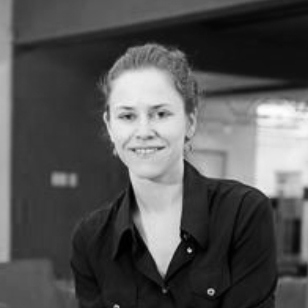Data–Pop Alliance has been conducting ongoing research on Big Data, climate change and environmental resilience. With funding from the UK’s Department for International Development (DfID), we published a synthesis report evaluating the opportunities, challenges and required steps for leveraging the new ecosystem of Big Data and its potential applications and implications for climate change and disaster resilience. The report fed into the World Humanitarian Summit to be organized in Istanbul in May 2016.
This is the fourth podcast in a series of companion pieces that offer insights from the synthesis report.
This companion podcast to the synthesis report “Big Data for Climate Change and Disaster Resilience: Realising the Benefits for Developing Countries,” funded by UK’s Department for International Development (DfID), was designed to probe experts to speak more about their work and their ideas about the potential and challenges of Big Data.
Titled “Marion Dumas on “Democratic Data,” Crowdsourcing, and Opportunities and Pitfalls of Big Data” this podcast features expert Marion Dumas. Marion address the importance of improving collective decision processes through Big Data to better deal with problems of sustainable development, like climate change. She views Big Data as inherent to strengthening democracies as we deal with more complex climate issues. This “Democratic Data” use makes communities more inclusive and allows their voices to be heard in decision-making surrounding natural hazards.

Marion Dumas (@MarionDumas1)
- Marion Dumas is a Omidyar Postdoctoral Fellow at the Santa Fe Institute. Marion seeks to understand how institutions work and how they shape social change. The questions she asks about institutions and about mechanisms of social change are motivated by the challenges of sustainability, which she sees as a problem of collective adaptation to a complex environment. Thus she seeks to characterize the adaptive capacity of societies as shaped by their institutions.
For more on our series:
Read the summary of the DfID videos and podcasts
Listen to the full playlsit of podcasts


![M002 - Feature Blog Post [WEB]](https://datapopalliance.org/wp-content/uploads/2025/10/M002-Feature-Blog-Post-WEB.png)





